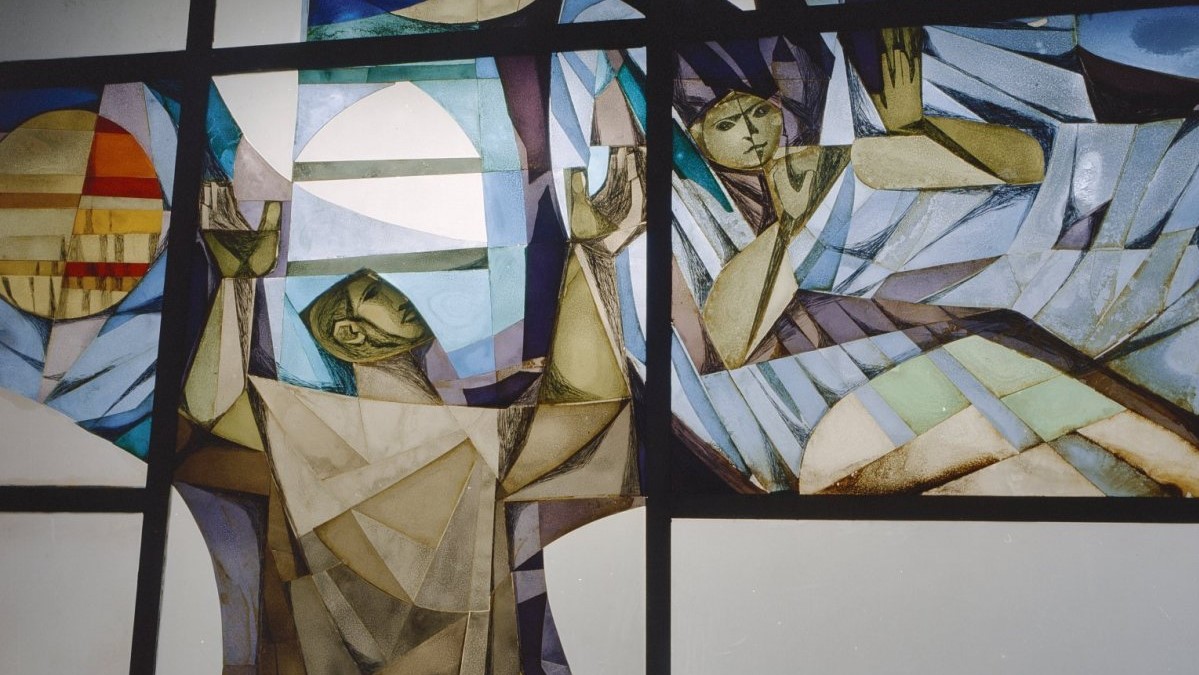
Genesis 28:10-19a
Ordinary A34
10 JacobA left Beer-shebaB and went toward Haran.C
11 He came to a certain placeD and stayed there for the night,E because the sunF had set. Taking one of the stones of the place, he put it under his headG and lay down in that place.
12 And he dreamedH, I that there was a ladderJ set upK on the earth, the topL of it reachingM to heaven;N
O and the angelsP of GodQ were ascending and descending on it.
13 RAnd the LordS stoodT beside him and said, “I am the Lord, the God of AbrahamU your fatherV and the God of Isaac;W the land on which you lie I will give to you and to your offspring;X
14 and your offspring shall be like the dustY of the earth, and you shall spread abroadZ to the westAA and to the eastBB and to the northCC and to the south;DD
and all the familiesEE of the earthFF shall be blessedGG in you and in your offspring.
15 HH Know that I am with you and will keepII you wherever you go, and will bring you back to this land; for I will not leaveJJ you until I have done what I have promisedKK you.”
16 Then Jacob woke from his sleep and said, “Surely the Lord is in this place—and I did not knowLL it!” 17 And he was afraid,MM and said, “How awesomeNN is this place! This is none other than the house of God, and this is the gateOO of heaven.”
18 So Jacob rose earlyPP in the morning, and he took the stone that he had put under his head and set it up for a pillarQQ and pouredRR oilSS on the top of it.
19 He called that place Bethel;TT but the nameUU of the cityVV was LuzWW at the first.
Image credit: Reformed Bethel Church: Interior, detail of stained glass window from 1965 by artist Lex van Voorst in the Netherlands.
